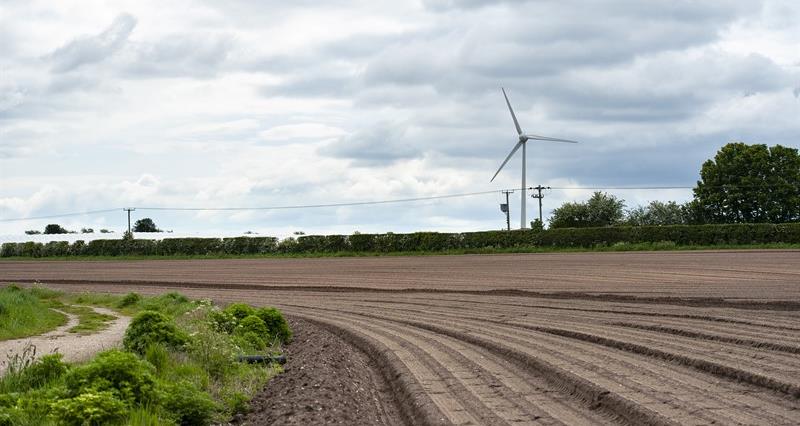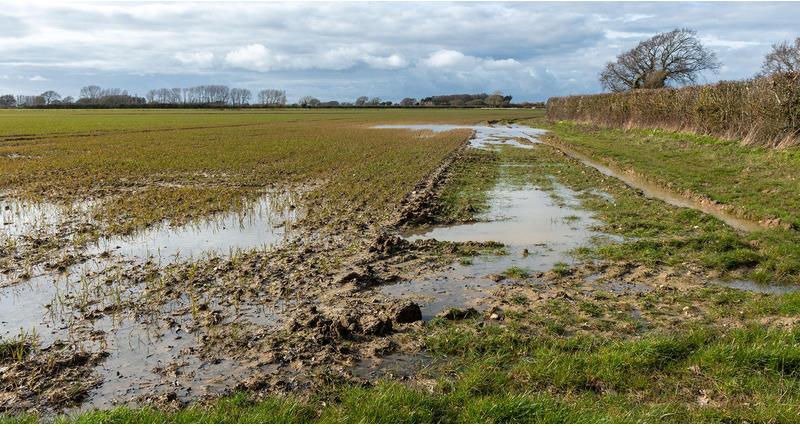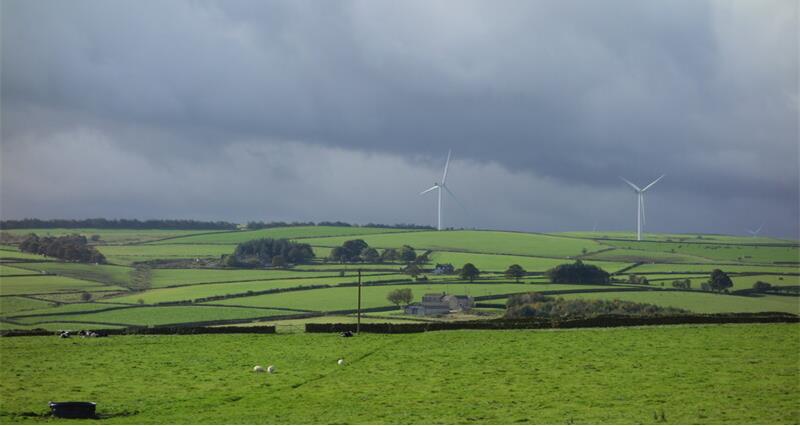Beyond the need to adapt to these impacts, faster progress on reducing the pace of climate change depends upon public engagement with the benefits of a fossil-free, predominantly ‘home-grown electric’ economy, the committee has said.
Making clean electricity cheaper by reforming its price structure is now seen as the top priority, with the committee identifying the deployment of heat pumps and the electrification of industry as the biggest risks to meeting the UK's climate targets.
Much of the media coverage has picked up the relatively optimistic tone of this year’s CCC (Climate Change Committee) report, which in previous years has tended to warn that government policy was way off track for meeting the successive recommended 5-year Carbon Budgets.
Measures implemented by the previous government as well as the present administration have put the UK back on course for net zero emissions by 2050.
Read the report in full at: .
Farming and land use
Agriculture is not widely mentioned in the report, although it does state: “little progress has been made on emissions from the agriculture and land use sectors in recent years” and “substantial action is needed to meet future targets.”
The CCC has not changed its expectation that some land currently used for livestock grazing will diversify into other land uses in the future. However, despite recent increases in rates of tree planting and peatland restoration in Scotland and England, these trends in nature-based carbon storage may not continue in the absence of long-term strategy and funding – although it is good to see also specific mentions of bioenergy and other renewables as alternative diversification options.
The CCC’s priority recommendations for agriculture include:
- Publish a balanced Land Use Framework that sets out multi-functional land use covering climate change mitigation and adaptation, food security, and nature.
- Provide incentives and address barriers for farmers and land managers to diversify land use and management into woodland creation, peatland restoration, bioenergy crops and renewable energy.
- Provide long-term certainty on public funding for farming practices and technologies which reduce emissions from managing crops and livestock. As part of this, ensure low-regret and low-cost measures are taken up through regulations or minimum requirements in agricultural support mechanisms, especially when they can deliver efficiency improvements.
Meat consumption
The CCC states that it has been encouraged by recent decreasing trends in both livestock numbers and meat consumption, which suggests the red meat sector is actually on track for the Seventh Carbon Budget, starting in 13 years’ time (2038-42).
We should avoid reading too much significance into this, since such market trends could easily be reversed, but the NFU will maintain a watching brief. The CCC has little more to say on this subject except to recommend a Public Participation Strategy to engage with households on lifestyle choices.
Greenhouse gas removals
Lastly, on the topic of greenhouse gas removals (currently the subject of an ), the CCC is frustrated by slow progress in deploying ‘engineered’ removals like BECCS (bioenergy with carbon capture and storage) and DACCS (direct air carbon capture and storage), which risk missing the -6 MtCO2/year goal for 2030 set out in the government’s Carbon Budget Delivery Plan.
The government needs to finalise its business models here, and open them up with suitable incentives for market investment, as well as prioritising supply of sustainable biomass from domestic sources. The CCC also highlights the opportunity for greenhouse gas removals from landspreading of enhanced weathering minerals and biochar, with a possible focus on Northern Ireland.



